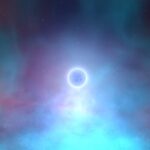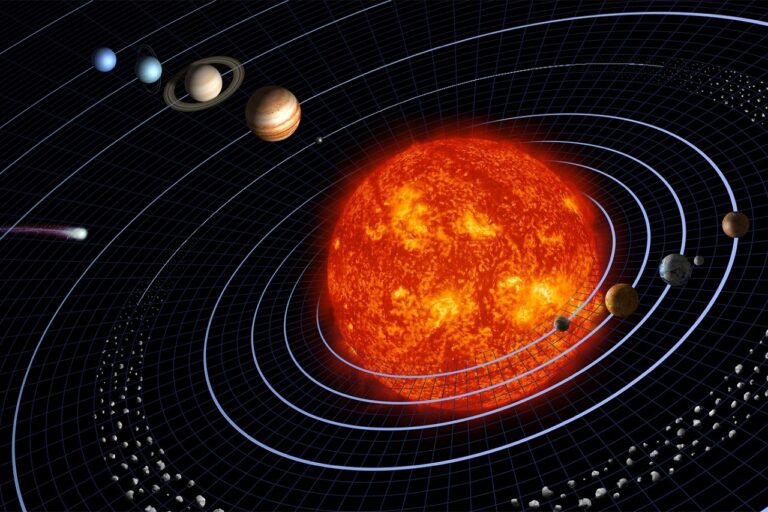Photons are elementary massless particles, quanta of electromagnetic radiation that we perceive as light. Many photons fall on the objects around us and are reflected into the retina of our eyes, allowing us to see.
It would seem that counting the number of photons in the universe is an impossible task. But physicists at Clemson University, USA, don’t think so. To understand at least an approximate number of photons in our world, it is necessary to take into account the whole time of existence of the Universe – about 13.7 billion years. After all, the light emitted by long dead stars still flies through space.
For the basis of calculations, scientists have taken indicators of the so-called extragalactic background radiation (extragalactic background light – EBL), which accumulates in the infrared, visible and ultraviolet ranges after the formation of stars. Even with the most modern technology, EBL is very difficult to spot – it is easily damped out by other radiations that literally permeate our universe. But scientists have found an original way, which still helped to analyze the extragalactic background radiation – blazars.
This is interesting: blazars are active galactic nuclei that emit huge jets of plasma from their center. It is believed that these jets (or jets) arise from the interaction of matter inside the accretion disk of a giant black hole inside the galaxy.
The jets emitted by blazars spread out over hundreds of millions of light-years, and their emission weakens as they pass through the EBL. It turns out that blazars scattered throughout the cosmos are an excellent opportunity to study the intensity and amount of light emitted by stars at different stages in the life of the universe as it ages and expands. After analyzing 739 blazars, physicists were able to name the approximate number of photons that exist in our universe: 4 x 1084. Or, if you’re too lazy to count zeros: 4 000 000 000 000 000 000 000 000 000 000 000 000 000 000 000 000 000 000 000 000 000 000 000 000 000 000 000 000 000 000 000 photons.













